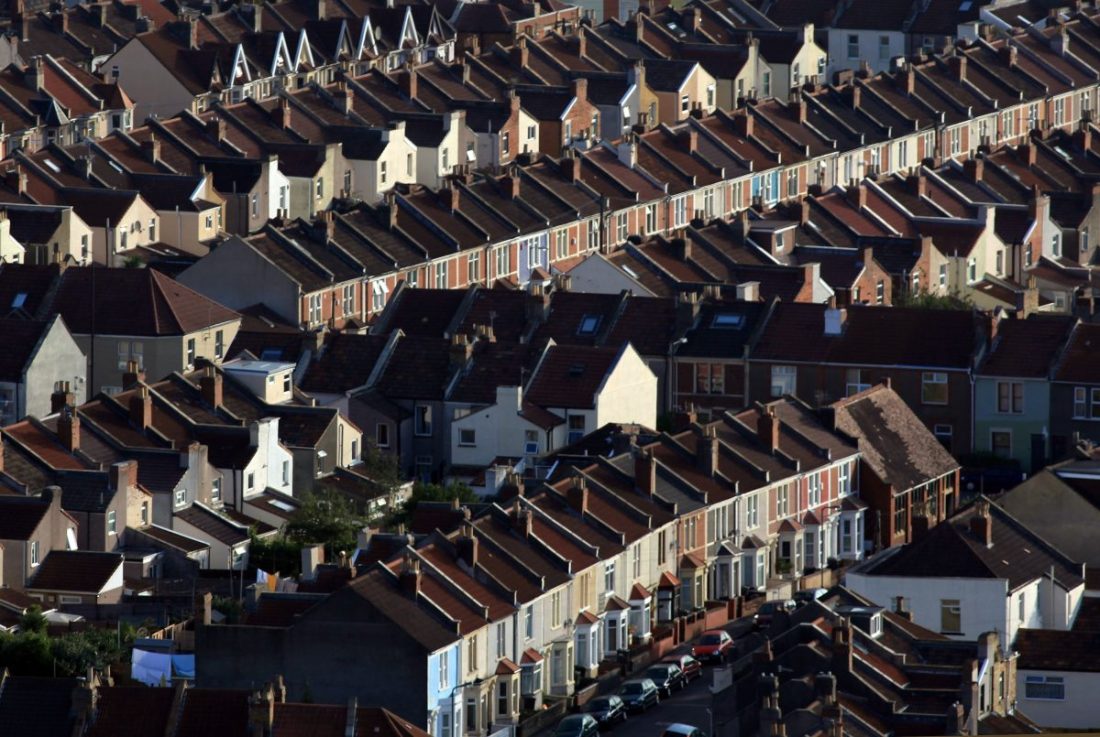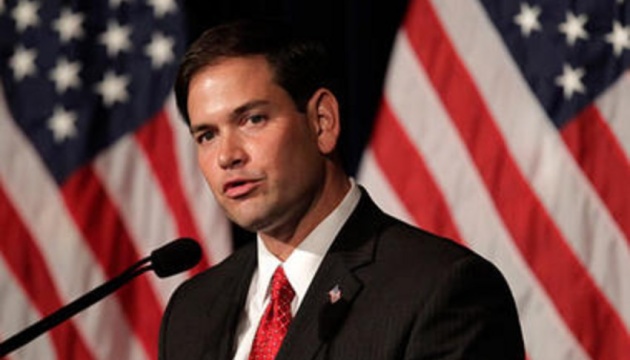House prices “resilient” for now – but will the election throw them off course?
UK house prices are standing up to the challenge of expected ‘higher for longer’ interest rates and political uncertainty, according to the latest data. Nationwide’s closely watched house price index showed a 0.4 per cent month on month jump in property prices in May, signalling a 1.3 per cent annual growth rate. Whilst still lagging [...]


UK house prices are standing up to the challenge of expected ‘higher for longer’ interest rates and political uncertainty, according to the latest data.
Nationwide’s closely watched house price index showed a 0.4 per cent month on month jump in property prices in May, signalling a 1.3 per cent annual growth rate.
Whilst still lagging both inflation and historic norms, Nationwide’s chief economist Robert Gardner said the figures demonstrated a market which was not slowing down in the face of numerous headwinds.
At the start of the year many had expected interest rates to have already begun to fall by now, however stickier than expected inflation – particularly in services – has spooked the Bank of England into holding rates.

That fall would have filtered through to mortgage rates as well as consumer confidence, giving house prices a lift.
The first rate cut is now not expected until August, but markets are only fully pricing in a fall come November.
“The market appears to be showing signs of resilience in the face of ongoing affordability pressures following the rise in longer term interest rates in recent months. Consumer confidence has improved noticeably over the last few months, supported by solid wage gains and lower inflation,” Gardner said this morning.
What will the election mean for house prices?
Nationwide wonks also analysed house price data of recent general elections and the EU referendum to assess any impact on the housing market driven by Rishi Sunak’s decision to call a snap election for July 5.
The data suggests there is little impact, with sentiment and market performance driven by consumer confidence more than electoral politics.
“Past general elections do not appear to have generated volatility in house prices or resulted in a significant change in house price trends,” Gardner said.
“On the whole, prevailing trends have been maintained just before, during and after UK general elections. Broader economic trends appear to dominate any immediate election-related impacts.”
On Tuesday, Labour leader Sir Keir Starmer told the Evening Standard he would build homes at speed in London if he becomes prime minister, in efforts to ease pressures on the capital’s housing market.

Edward Heaton, founder of buying agency Heaton and Partners added: “We’d expected a short selling season this year with most transactions agreed before the summer holidays followed by a dampened autumn market because of the anticipated election. This shotgun election means we now stand a chance of having a half decent Autumn market regardless of who is elected.
House prices won’t take Corbyn hit with Starmer
“It will be fascinating to see whether buyers are willing to commit to a purchase in the next couple of months, and I suspect some of those that could be rewarded with more favourable terms than they might otherwise have expected.”
He added: “For wealthy buyers, there is certainly nothing like the fear that we witnessed in the last election with the threat of a Corbyn government. I think the domestic audience is resigned to paying higher taxes probably regardless of the outcome of the election. We anticipate many international buyers will adopt a more cautious approach until the landscape becomes clearer.”



